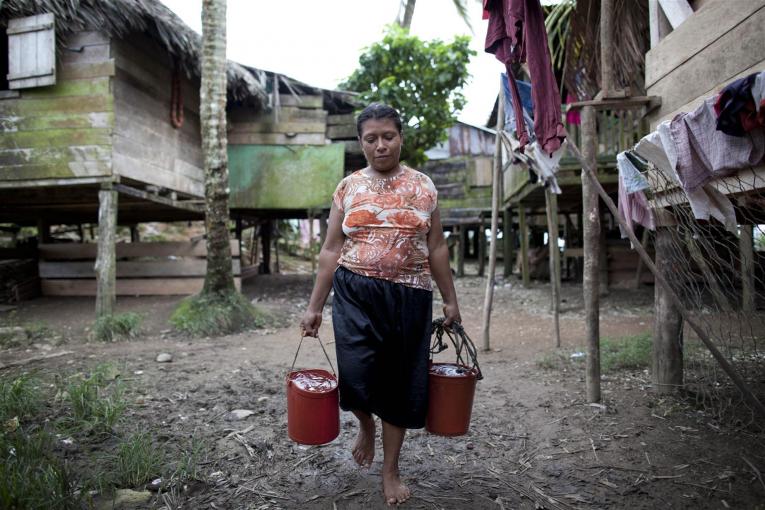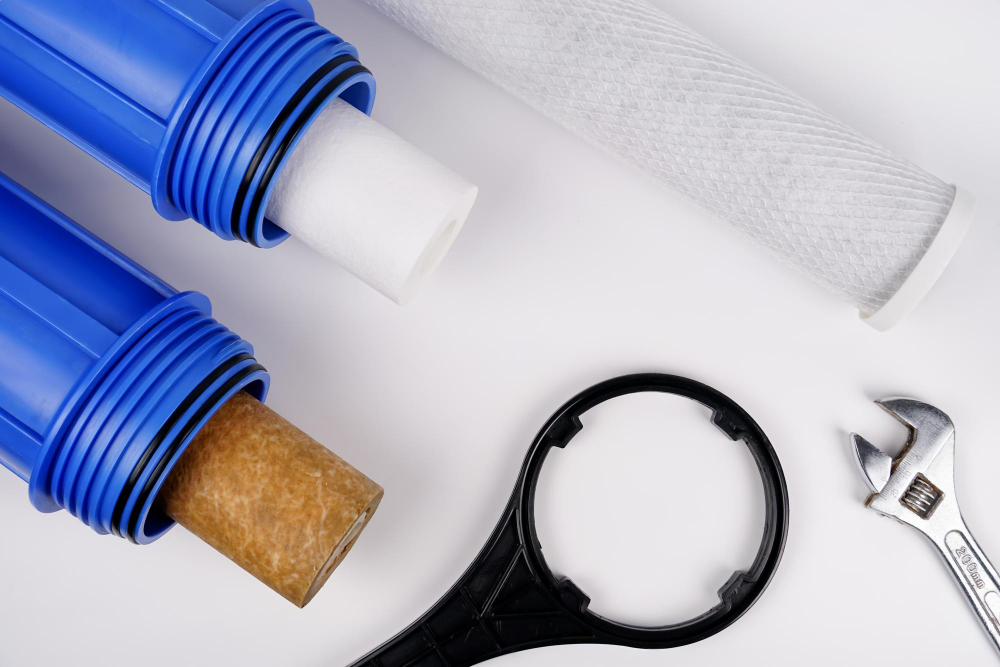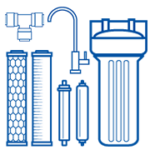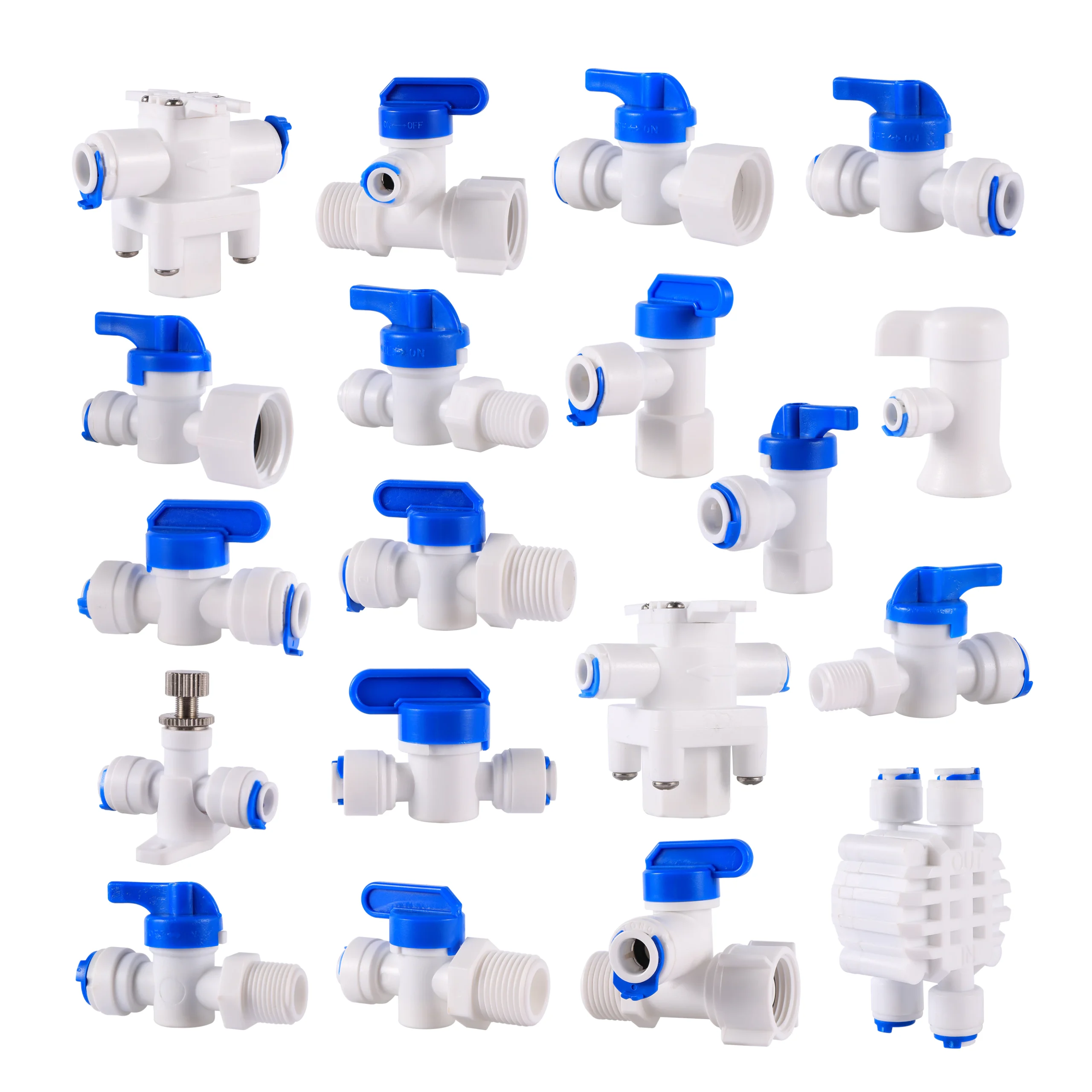World Water Day, UNICEF: The world’s poorest, least accessible to clean water

NEW YORK, 21 March 2014 – Almost four years after the world achieved the goal set in the Millennium Development Goals (MDGs) for clean drinking water and the UN General Assembly declared water a human right, many of them become poor He stated that more than 750 million people still cannot meet this basic need.
According to estimates published by UNICEF and WHO in 2013, 768 million people are deprived of clean drinking water. That’s why hundreds of thousands of children get sick and die every year. The majority of people who do not have access to clean water are the poor who live in remote rural areas or urban slums.
According to UNICEF estimates, up to 1,400 children under the age of 5 die every day from diarrheal diseases due to lack of clean water, adequate sanitation and hygiene facilities.
“Every child, rich or poor, has the right to life, health and a future,” said Sanjay Wijesekera, who manages UNICEF’s global water, sanitation and hygiene programs. The world, as a human right, should not stop and continue its work until there is not a single man, woman and child deprived of water and sanitation facilities. “
The MDG target for drinking water was reached in 2010, and this target was now surpassed. In 2010, 89 percent of the world’s population had improved drinking water facilities. What are meant by improved drinking water facilities are mains water, ground water used with pump pumps and protected wells. Also, in 2010, the UN General Assembly recognized clean drinking water and sanitation as a human right. In other words, every person should have access to clean water and basic sanitation facilities. However, this fundamental right is still denied to the poorest people in the world.
Wijesekera continued: “What is striking, even shocking, is that there are millions of poor people who cannot find clean water to drink, even in middle-income countries. We must target the marginalized and often forgotten segments: the hardest to reach, the poorest and the most disadvantaged.
According to UNICEF and WHO estimates, almost a third of the global population without improved drinking water facilities live in 10 countries: China (108 million); India (99 million); Nigeria (63 million); Ethiopia (43 million); Indonesia (39 million); The Democratic Republic of the Congo (37 million); Bangladesh (26 million); The United Republic of Tanzania (22 million); Kenya (16 million) and Pakistan (16 million).
UNICEF states that women and girls are most affected by the negative effects of not having access to clean water. As a matter of fact, an estimated 71 percent of the burden of bringing water from outside is on the shoulders of women and girls.
UNICEF WASH programs are implemented in more than 100 countries, and new initiatives such as cost-effective well drilling and local community-based water security planning can provide clean water to families living in some of the most isolated areas. For example, UNICEF has provided clean water to approximately 100,000 people from hand-dug wells in Pakistan since 2012. UNICEF supported “WASH in Schools” programs have also been beneficial in providing clean water, sanitation and hygiene facilities to millions of students around the world.


 Yedek Parçalar
Yedek Parçalar